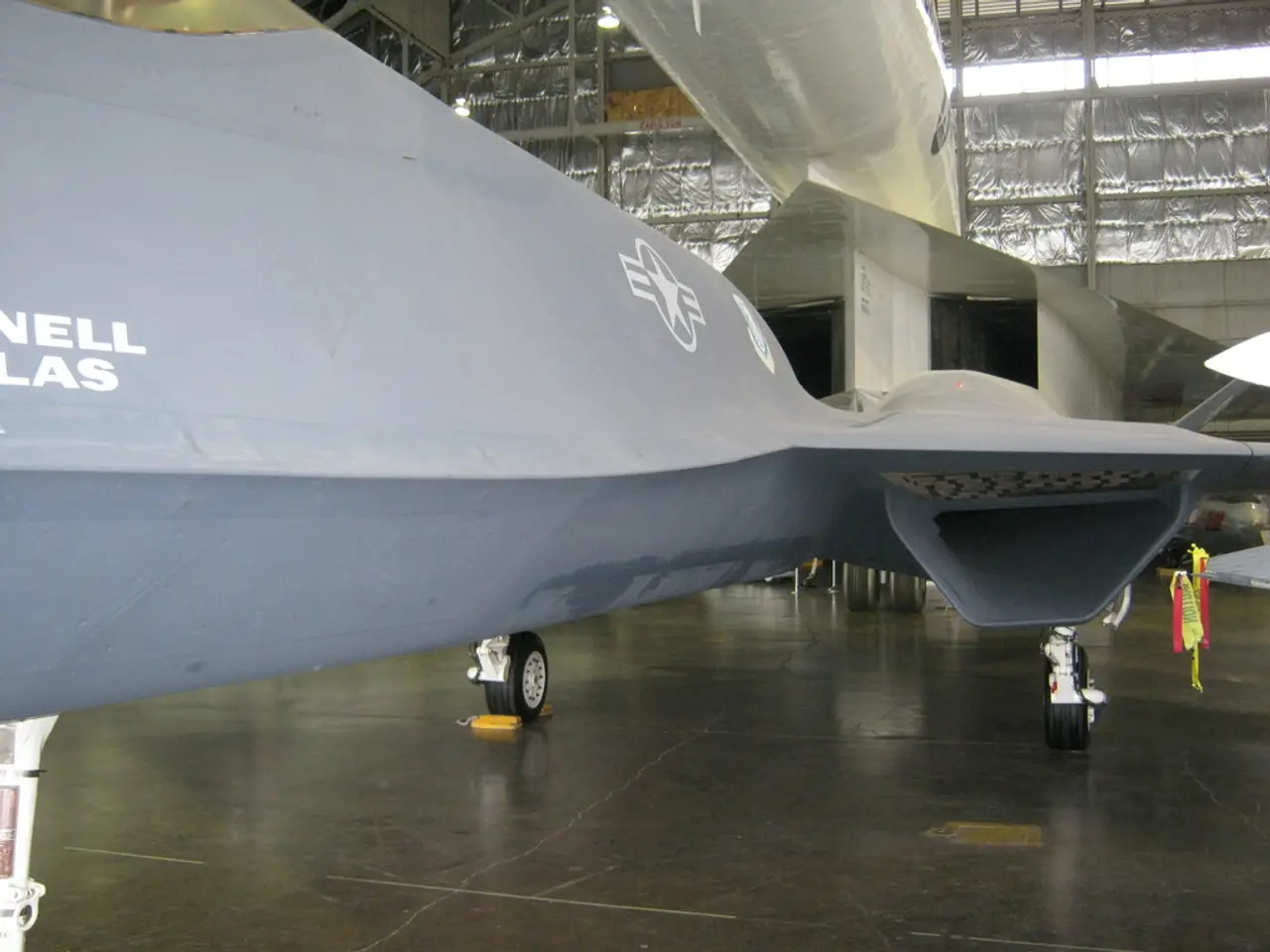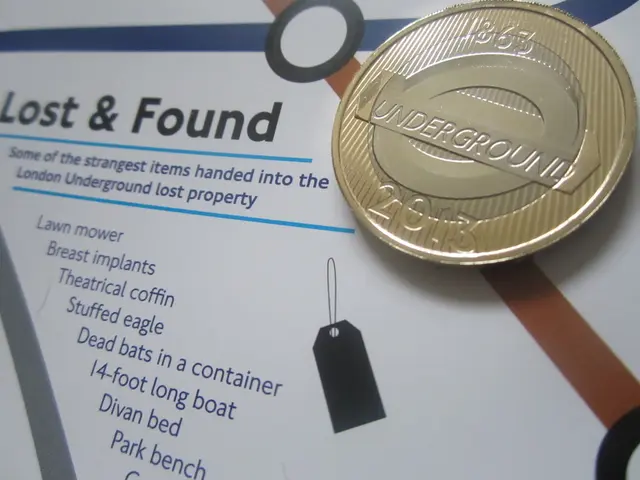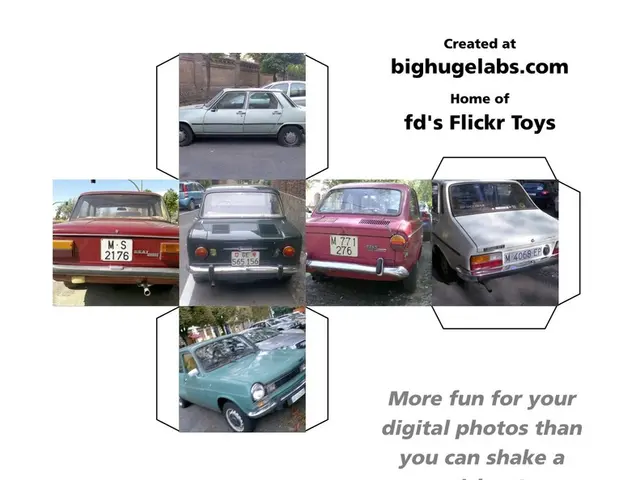Germany greenlights Eurofighter jet sales to Turkey
In a significant development, Germany has given its approval for the export of 40 Eurofighter Typhoon jets to Turkey, marking a reversal of its earlier veto[1][5]. This decision clears a major hurdle and officially allows the deal to proceed.
Simultaneously, the United Kingdom and Turkey have signed a Memorandum of Understanding (MoU) on July 23, 2025, moving significantly closer to a finalized contract for the jet purchase[2][3][4]. The MoU, signed at the International Defense Industry Fair (IDEF) in Istanbul by Turkish Defense Minister Yasar Güler and UK Defense Secretary John Healey, outlines the framework for Turkey to acquire and operate the Eurofighter Typhoons.
Negotiations on the full procurement contract are ongoing and expected to continue over the coming weeks, with a contract potentially signed by autumn 2025[2][3][4]. The Turkish Air Force aims to modernize its largely aging F-16 fleet, particularly after suspension from the F-35 program, and views the Eurofighter purchase as a critical step for regional defense amid tensions[1][4].
The deal, if finalized, is expected to secure thousands of jobs in the UK sector[6] and enhance NATO's deterrence capabilities. However, it is important to note that the Turkish government has not yet decided whether it wants to order the Eurofighter aircraft[7].
In a surprising turn of events, Turkish opposition leader Ekrem Imamoglu, who was imprisoned, called on the German government not to block the delivery of the Eurofighters[8]. The economics ministry of Green politician Robert Habeck has also approved the export of torpedoes, guided missiles, and submarine components to Turkey in larger quantities[9].
German Chancellor Friedrich Merz (CDU) had discussions with British Prime Minister Keir Starmer and Turkish President Recep Tayyip Erdogan about the arms deal[10]. The acquisition of the Eurofighter by Turkey is about diversifying its defense capabilities and is not related to the discussion about the F-35 jets, according to the Turkish Ministry of Defense[11].
In summary:
| Aspect | Status as of July 2025 | |--------------------------------|--------------------------------------------------------| | German Government Decision | Approved export of 40 Eurofighter jets to Turkey | | UK-Turkey Agreement | MoU signed; negotiations progressing toward final deal| | Contract Timing | Expected potentially by fall 2025 | | Strategic Context | Part of Turkey’s plan to modernize air force and strengthen NATO defense |
Thus, the current status is that the German government’s export approval has enabled the UK-Turkey deal framework, with negotiations actively ongoing toward a finalized Eurofighter export contract to Turkey[1][2][3][4][5].
- Despite the ongoing negotiations, the Turkish government hasn't made a definitive decision about ordering the Eurofighter aircraft yet, potentially impacting the food industry in the UK if the deal is finalized, as thousands of jobs are expected to be secured.
- Concurrently, the advancement in the UK-Turkey deal for the purchase of Eurofighter Typhoons, a modern technology, could be seen as a move to enhance sports-related radar systems for regional defense, especially considering the tensions in the area.




